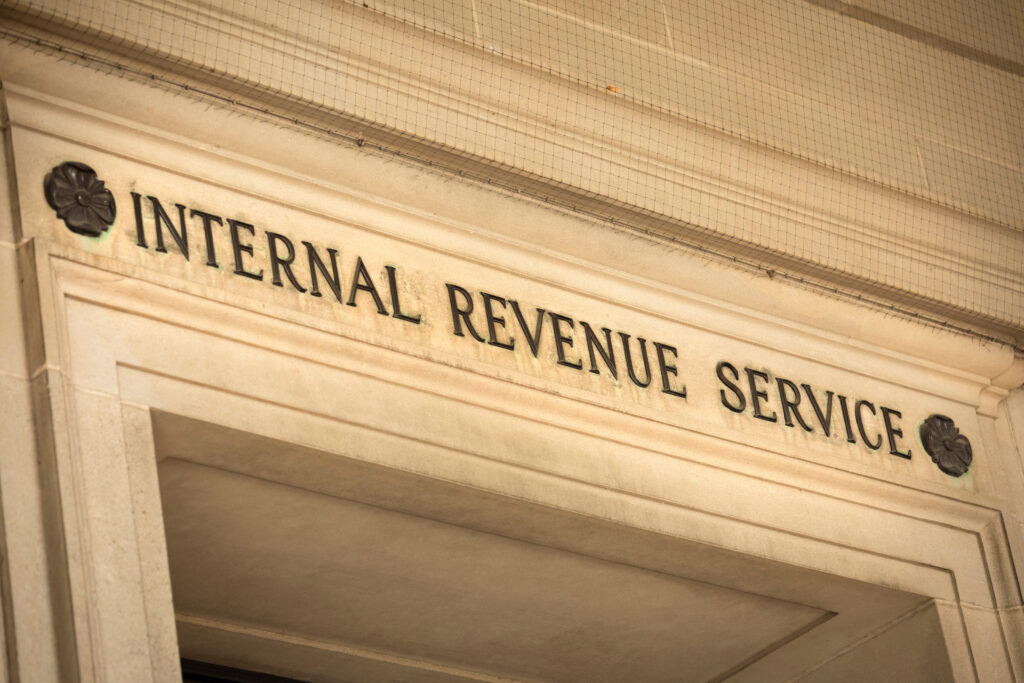Tax Status for Companies

There are typically five (5) different tax statuses for “reporting companies,” which is the term used for companies that are required to report their Beneficial Ownership Information (or BOI) to FinCEN.
It’s very important to know what the tax status of the reporting companies is, because it can have an impact on how BOI’s are determined.
Those five (5) different tax statuses are:
- S-Corp
- C-Corp
- Partnership
- Disregarded
- Non-Profit
Disregarded entities are those entities that don’t actually exist at all, for tax purposes. Typically, only LLC’s with one owner (or a married couple in a community-property state), could qualify for a tax status as “disregarded.” Such entities should not have classes, and generally represent the simplest of structures.
S-Corp and C-Corp tax status is the same for FinCEN purposes, and is generally considered entities that issue “Shares”, although it’s certainly possible to have such a tax status with other forms of ownership, including Units, Slices or other forms of ownership conveyance. Such tax status can have classes and very complicated ownership structures. FinCEN, on Page 23 of its Small Entity Compliance Guide, v1.1 December 2023, requires such business owners know the value of its ownership interest, to compare as against voting power. While FinCEN doesn’t directly specify that companies who don’t know the value of the ownership, it does provide for a “fall-back” calculation of ownership interest that looks at ownership or control of 25% or more, “in any class or type of ownership interest.”
Partnerships represent a unique form of ownership, and FinCEN has a specific formula for any entity that issues “capital or profit interests” (we interpret this to mean “exclusively issues capital or profit interests“), where you look at the percentage owned by taking an individual’s entire capital and profit interests, in comparison to the total outstanding capital and profit interests.
This is interesting, because typically “profit interests” would have zero control over a company, and therefore represent zero Voting Power, when using the formula FinCEN identifies for S-Corps and C-Corps (i.e reporting companies that issue shares of stock) — although such interests would obviously have some value, assuming one knows what that value is.
Companies that are taxed as Non-Profits are not required to report BOI, provided they meet very specific requirements. Specifically, such a non-profit is exempt from reporting, if it meets any of the following:
- The entity is an organization that is described in section 501(c) of the Internal Revenue Code of 1986 (Code) (determined without regard to section 508(a) of the Code) and exempt from tax under section 501(a) of the Code.
- The entity is an organization that is described in section 501(c) of the Code, and was exempt from tax under section 501(a) of the Code, but lost its tax-exempt status less than 180 days ago.
- The entity is a political organization, as defined in section 527(e)(1) of the Code, that is exempt from tax under section 527(a) of the Code.
- The entity is a trust described in paragraph (1) or (2) of section 4947(a) of the Code.
To be clear, a reporting company cannot claim the exemption simply because it is a “non-profit” entity at the state-level. It is absolutely required that such entities also submit the relevant non-profit forms to the IRS, and are approved to operate as non-profit taxable entities.
Finally, there is a sixth form of tax status to be aware of, although there’s not much to do about it. It’s the tax status of foreign entities, as taxed in their home countries, yet who have a presence in the US. It’s typically presumed such entities are taxed as C-Corps, although that can depend on a number of factors we won’t get into in this blog article. Suffice it to say, foreign entities are going to by handled, from a FinCEN reporting perspective, as C-Corps as mentioned above.
Still Have Questions?
Look in our discussions area. Review other questions and answers, or submit your own question!
- Beneficial Owners (1)
- Direct Ownership (20)
- Tax Status & Issues (5)
- Non-Profits (19)
